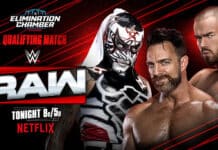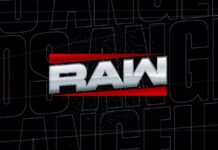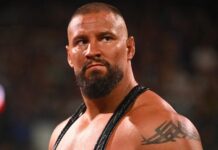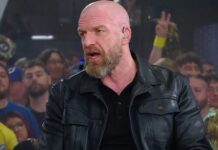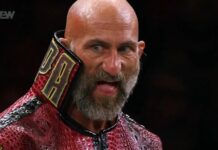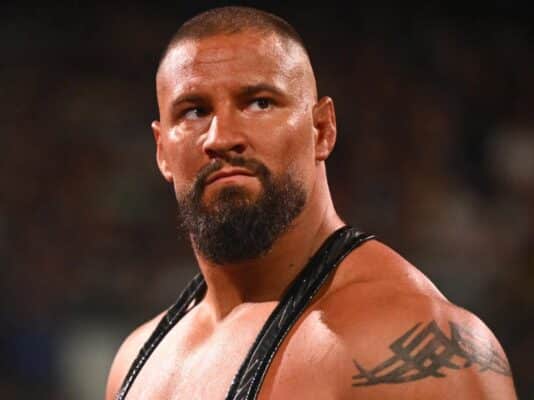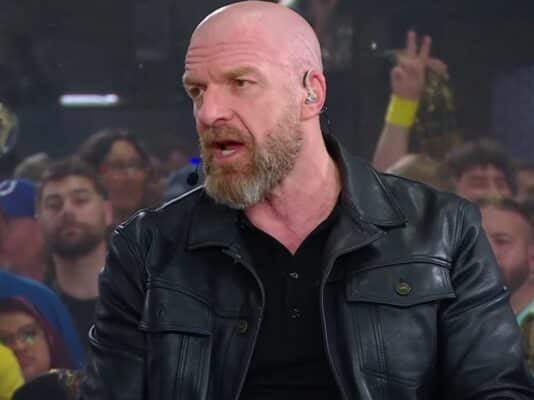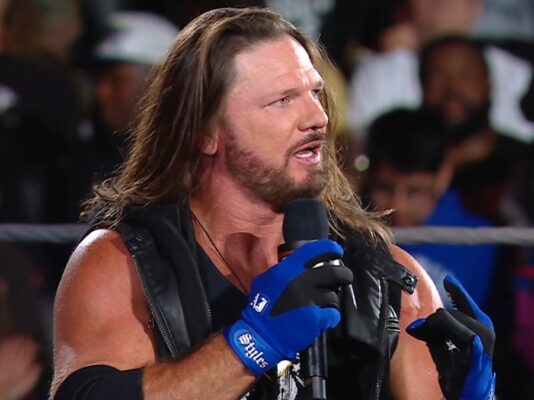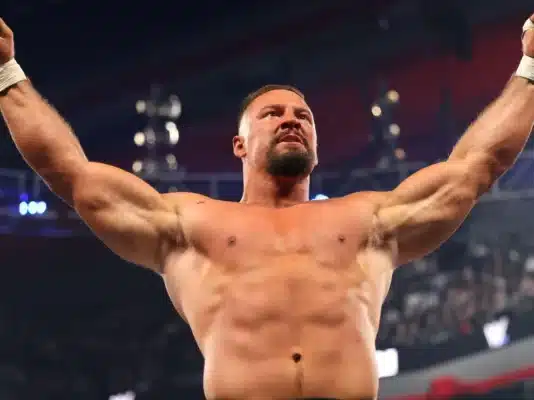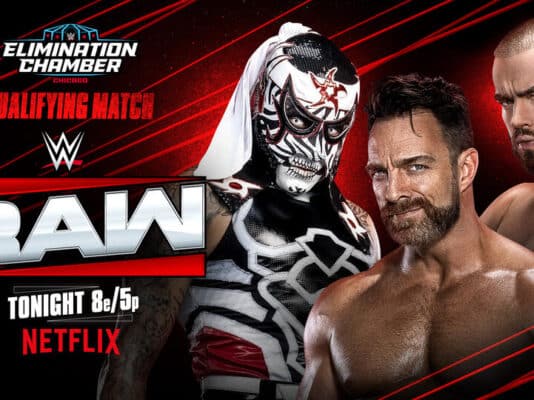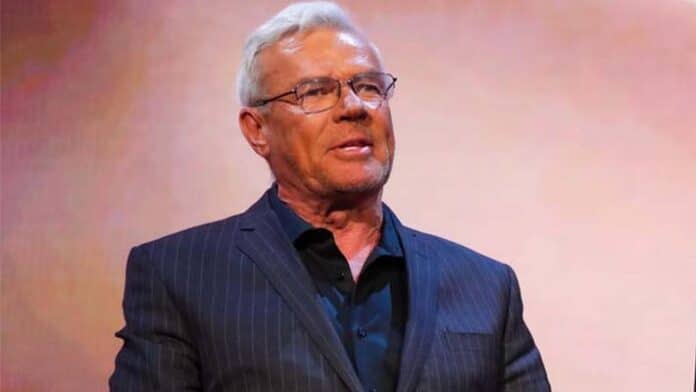
WWE Hall of Famer and former WCW President Eric Bischoff recently took to an episode of his 83 Weeks podcast, where he talked about a variety of topics including why he wouldn’t have tried to recreate the nWo in the new WCW 2.0 if he had purchased the promotion.
Bischoff said, “No, for the same reason that I said with regard to Russo trying to bring him back in 99 or 2000 or whatever he did, uh, no, I would. The idea with the new WCW 2.0 was to have a completely fresh new brand, and I wouldn’t have gone. I may have gone down the road, but initially, no. There was no thought in my head about, ‘Hey, if we buy this thing, I’m gonna bring the n-W back.’ I would’ve fought against it.”
Bischoff also talked about how WCW never sold merchandise until the nWo because the company would lose money, but the nWo changed that and they became successful in selling merchandise.
“WCW never sold merchandise until the NWO. Yeah. Yes. I should take that back ’cause people hang on every word I say and, you know, troll me afterward. Did WCW sell merchandise at arenas? Yes. It was abysmal. Abysmal. It wasn’t worth the time and the expense of loading things onto a truck and then driving 300 miles and setting up an arena, and hoping it would sell. You lost money. You lost money when you had to fill the truck up with gas. That’s how successful WCW merchandise was before NWO. It’s not that we didn’t want it; it’s just we didn’t have anybody that was over enough to drive it. The NWO changed that. Now, it wasn’t driven by the idea of splitting NWO up into Wolf Pack or LWO or whatever. Merchandise considerations did not drive it. It was driven by story and driven by the fact that it was so over all, boats rose with the higher tide that the NWO created. NWO was a tsunami. It wasn’t a high tide; it was a freaking tsunami. And splitting it up was more about the storytelling device, as you pointed out than it was that merchant merchandise was a byproduct. Merchandise was ancillary to the creative.”
Bischoff also talked about one of the main reasons for the downfall of the nWo.
Eric Bischoff said, “You, it’s funny, people talk about the finger poke of doom and Sting, you know, and Hogan and 97, whatever. That’s the reason why Goldberg and Hogan, and, you know, on free tv, that’s the down, that’s the reason for the downfall. WCW, it’s so much just bullshit. But I think if there was one thing, it’s number one. One of the things that I think really exacerbated the dilution of the NWO story was bringing Warrior in and taking the focus off, because you’re bringing Warrior in, you gotta put a lot of attention on that. That’s, you’re going back, you got backstory, you’re trying, you’re trying to recreate or, or expand on. And that took so much focus off what we were doing at that time. And of course, Warrior was great at coming up with ideas that we get Warrior over. And, I went along with it. So did Kevin Sullivan. We all made my decision ultimately, not Kevin’s. And it was a mistake. There’s not you. You cannot look at that and say it wasn’t. But I think it wasn’t because Warrior came out and took a 12-minute promo and turned it into a 30 minute television show, that bored the audience to death and ruined his entrance into WCW, his debut. More importantly, we took our eye off the ball creatively. That was a big mistake. And at the worst possible time, the worst time.”
Bischoff then talked about how it was hard to recreate the success of the group with other parts of WCW.
Eric Bischoff said, “We finally, after getting deeper and deeper into the water, once the water level reached our nose and we could no longer tread water, we had to find a way to swim out. And I think going back to the original concept a little more was our way of trying to get out of the hole. Well, it’s much easier said than done. I mean, one of the ways, and this kind of goes back to Michael Hayes’s strategy, um, if that was going to be the plan, and again, something I’ve learned, it’s not something I knew, then you learn from your successes and you learn from your failures or your mistakes in this case. But if you’re going to embrace that strategy and say, okay, let’s bring it back. It’s gotta go away for a while. You’ve gotta let the absence make the heart grow fonder. It’s not nostalgia if you just saw it a week ago or a month ago, or in this case a year ago, that’s not nostalgia. That’s desperation, frankly. Um, so could it have worked if the WWF there would’ve been a definitive end to it and a year or two years later if that would’ve been the plan going in and you had a great way to reintroduce it after a, um, a significant amount of time went by. So it did feel nostalgic. You know, it’s like looking at a 19. It is like looking at a 2021 Mercedes and thinking, ‘Wow, that’s a classic car.’ No, it’s not. You can go buy one at the dealership tomorrow. It’s not a classic till now. It’s a classic. It’s not nostalgia till it’s been away for a while. And it reminds you of something. And not enough time had passed, particularly because of the slope that existed with it creatively within the NWO from early 99 on. It was a mess. Late 98, even. It was kind of messy in late 98, and it got messier in 1999. Well, to try to bring it back a couple months later is not nostalgia. You’re not harnessing that emotion in people. You, you’re just desperately trying to bring something back without giving it a lot of thought. The same was true with WWE. I’m not picking on Russo here. We talked about this. I think it was the last week or whatever, a week before I lost track of time. But you know, the, the, the NWO invasion of WWE was ill-conceived. That’s being kind. It sucked. That’s being accurate. And what Vince did, what Russo did was, uh, that was more desperation than it was anything else.”
You can check out Eric Bischoff’s complete podcast in the video below.

